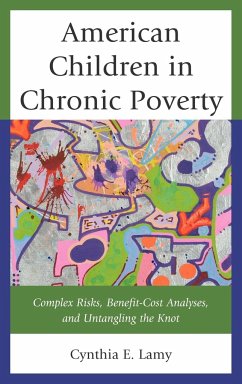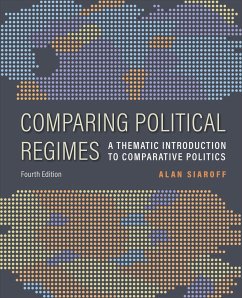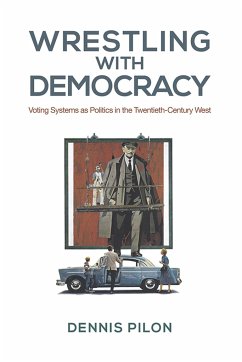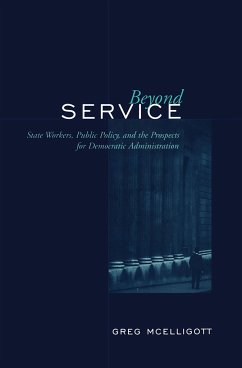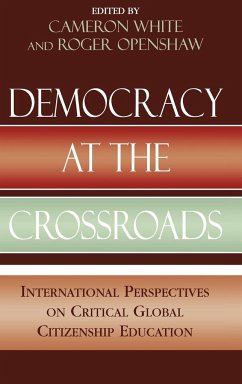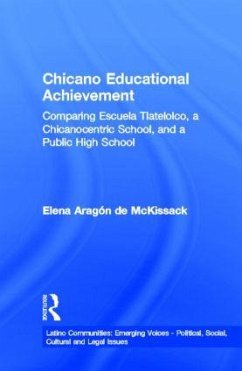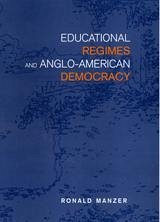
Educational Regimes and Anglo-American Democracy
Versandkostenfrei!
Versandfertig in über 4 Wochen
117,99 €
inkl. MwSt.

PAYBACK Punkte
59 °P sammeln!
Anglo-American democracy is a vital and respected political tradition. Yet surprisingly little attention is given to what exactly are its distinguishing political ideas. To understand Anglo-American democracy requires more than simply observing its abstract commitments to basic political goods of community, equality, and liberty; it requires also knowing how ideas are put into practice. Schools are places where people teach and learn; they are also institutional expressions of the principles, values, and beliefs of their political community. Manzer's comparative political study of schools in A...
Anglo-American democracy is a vital and respected political tradition. Yet surprisingly little attention is given to what exactly are its distinguishing political ideas. To understand Anglo-American democracy requires more than simply observing its abstract commitments to basic political goods of community, equality, and liberty; it requires also knowing how ideas are put into practice. Schools are places where people teach and learn; they are also institutional expressions of the principles, values, and beliefs of their political community. Manzer's comparative political study of schools in Australia, Canada, New Zealand, the United Kingdom, and the United States focuses on five fundamental problems in the historical development of Anglo-American educational regimes: the original creation of systems of elementary education in the nineteenth century as publicly provided and publicly governed; the transformation of secondary schools in the early twentieth century to match the emerging structure of occupational classes in capitalist industrial economies; the planning for secondary schools in the development of the welfare state after the Second World War; the accommodation of social diversity in public schools from the 1960s to the 1990s in response to increasingly strong assertions of ethnicity, language, race, and religion, not only as criteria for equal treatment, but also as foundations of communal identity; and the educational reforms in the 1980s and 1990s that aimed to adapt public schools to the contemporary challenges of new information technology and burgeoning global capitalism. Removed from abstract political principle and observed in the policies of historical educationalregimes, changing ideas of community, equality, and liberty not only reveal the likeness and diversity of Anglo-American democracy over time but also constitute criteria for making judgements about its extent and quality.




